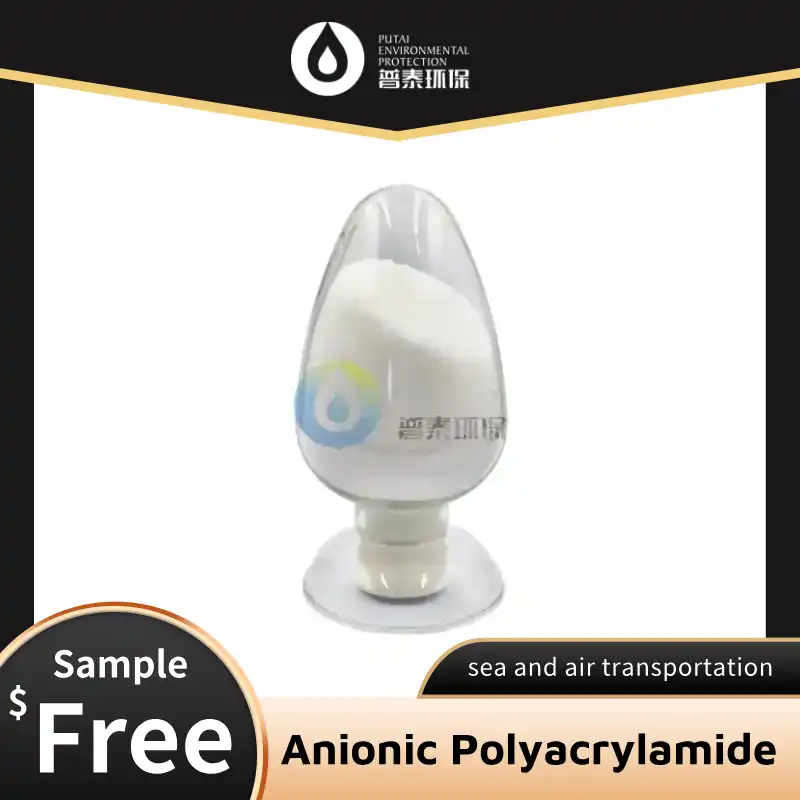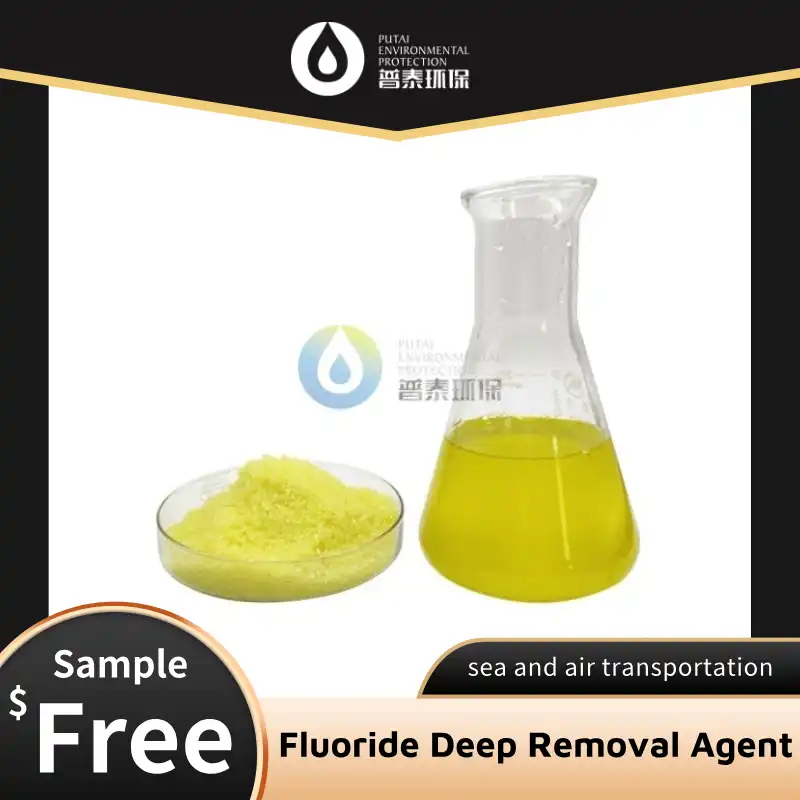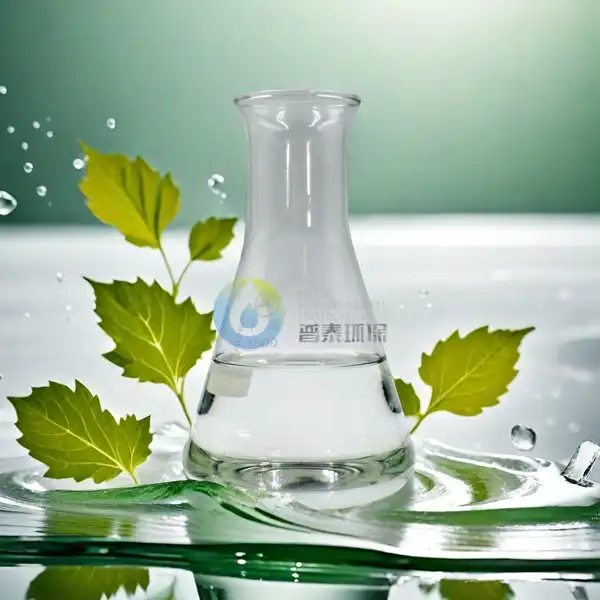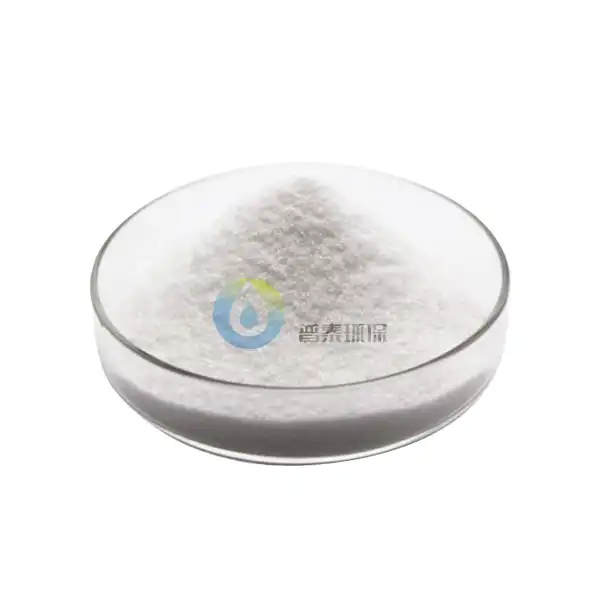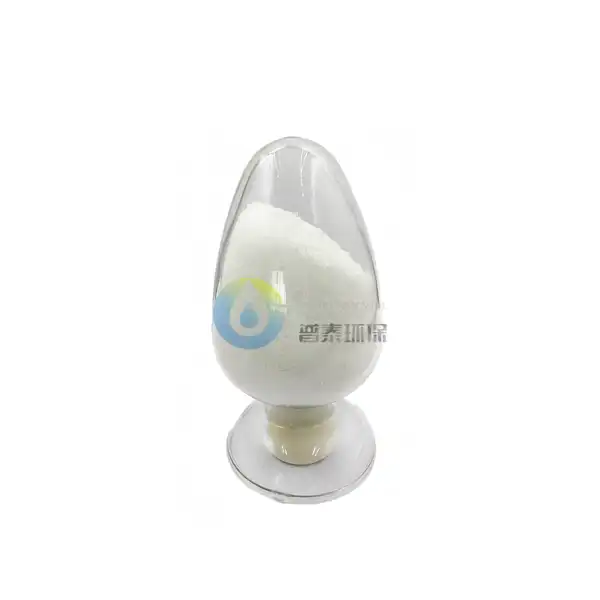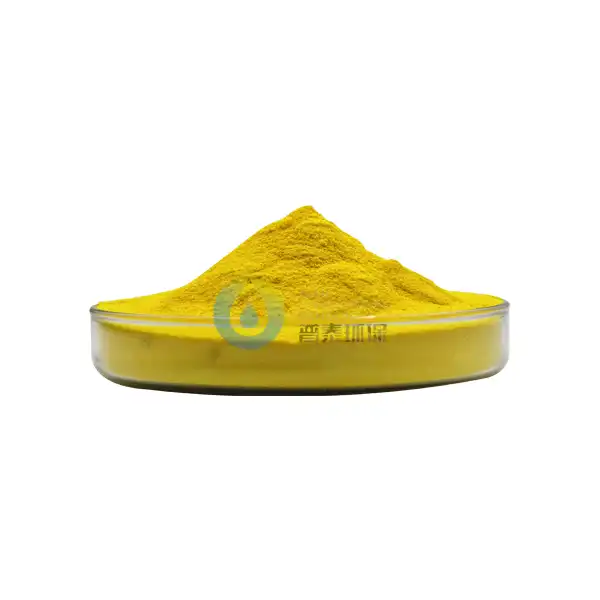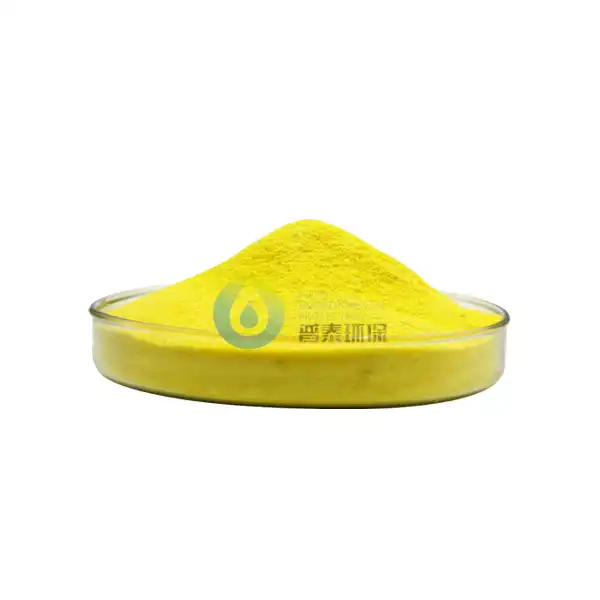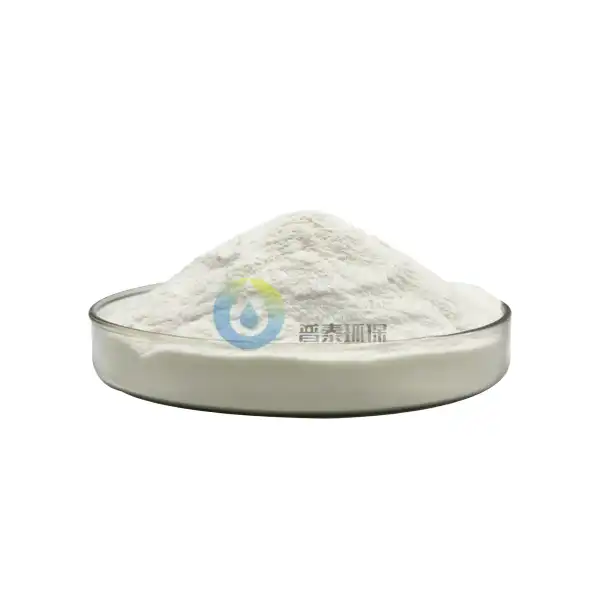How does Industrial Grade Poly Aluminum Chloride work in water treatment?
Industrial Grade Poly Aluminum Chloride (PAC) has become an essential component in modern water treatment processes. This powerful coagulant plays a crucial role in removing impurities and contaminants from water, making it safe for consumption and various industrial applications. In this blog post, we will explore the mechanisms behind PAC's effectiveness in water treatment and delve into its various applications and benefits.
What are the primary applications of Industrial Grade Poly Aluminum Chloride in water treatment?
Drinking Water Purification
Industrial Grade Poly Aluminum Chloride is widely used in drinking water purification processes. Its effectiveness in removing turbidity, color, and organic matter makes it an ideal choice for municipal water treatment plants. PAC works by destabilizing suspended particles in the water, causing them to coagulate and form larger flocs. These flocs can then be easily removed through sedimentation or filtration processes. The use of PAC in drinking water treatment helps ensure that the water meets regulatory standards for clarity, taste, and safety. Additionally, PAC's ability to remove organic matter helps reduce the formation of potentially harmful disinfection by-products, which can occur when chlorine reacts with organic compounds in the water.
Wastewater Treatment
Another significant application of Industrial Grade Poly Aluminum Chloride is in wastewater treatment. PAC is highly effective in removing suspended solids, phosphorus, and other contaminants from industrial and municipal wastewater. In this context, PAC acts as a coagulant and flocculant, helping to aggregate pollutants and facilitate their removal through sedimentation or flotation processes. The use of PAC in wastewater treatment helps improve the overall efficiency of the treatment process, reducing the need for additional chemical treatments and minimizing the environmental impact of discharged effluents. Furthermore, PAC's ability to remove phosphorus is particularly valuable in preventing eutrophication in receiving water bodies, which can lead to algal blooms and other ecological imbalances.
Industrial Process Water Treatment
Industrial Grade Poly Aluminum Chloride also finds extensive use in treating process water for various industrial applications. In industries such as paper manufacturing, textile production, and oil refining, PAC is used to remove impurities and contaminants from process water, ensuring the quality and consistency of the final products. PAC's effectiveness in removing suspended solids and colloidal particles makes it an ideal choice for clarifying industrial process water. Additionally, its ability to work effectively across a wide pH range and its low residual aluminum content make it suitable for use in sensitive industrial processes. The use of PAC in industrial water treatment helps improve product quality, reduce equipment fouling, and minimize the environmental impact of industrial operations.
How does the chemical structure of Industrial Grade Poly Aluminum Chloride contribute to its effectiveness?
Polymeric Nature
The chemical structure of Industrial Grade Poly Aluminum Chloride plays a crucial role in its effectiveness as a water treatment agent. PAC is a polymeric compound consisting of aluminum ions linked together by chloride bridges. This polymeric nature gives PAC several advantages over traditional aluminum-based coagulants. The long-chain structure of PAC allows it to form stronger and more stable flocs, resulting in improved settling characteristics and more efficient removal of contaminants. Additionally, the polymeric structure of PAC enables it to work effectively over a broader range of pH values and temperatures, making it a versatile choice for various water treatment applications. The unique chemical structure of PAC also contributes to its rapid hydrolysis in water, which leads to faster coagulation and flocculation processes compared to other coagulants.
High Basicity
Another important aspect of the chemical structure of Industrial Grade Poly Aluminum Chloride is its high basicity. The basicity of PAC refers to the proportion of aluminum ions that are in a hydrolyzed state, which is directly related to its coagulation efficiency. The high basicity of PAC means that a larger portion of its aluminum content is in an active form, capable of participating in the coagulation process. This high basicity contributes to PAC's superior performance in removing turbidity, color, and organic matter from water. Furthermore, the high basicity of PAC results in lower residual aluminum levels in treated water compared to other aluminum-based coagulants, which is particularly important in drinking water applications where aluminum content is strictly regulated.
Charge Neutralization Capacity
The chemical structure of Industrial Grade Poly Aluminum Chloride also provides it with excellent charge neutralization capacity. Many contaminants in water, such as colloidal particles and organic matter, carry negative surface charges that keep them suspended in the water. PAC's positively charged aluminum ions effectively neutralize these negative charges, destabilizing the suspended particles and promoting their aggregation into larger flocs. This charge neutralization mechanism is a key factor in PAC's effectiveness as a coagulant. The high charge density of PAC, combined with its polymeric structure, allows it to neutralize a larger number of particles with a smaller dosage compared to other coagulants. This not only improves the efficiency of the water treatment process but also helps reduce chemical consumption and sludge production, leading to more cost-effective and environmentally friendly water treatment solutions.
What are the advantages of using Industrial Grade Poly Aluminum Chloride compared to other coagulants?
Enhanced Coagulation Efficiency
Industrial Grade Poly Aluminum Chloride offers superior coagulation efficiency compared to many traditional coagulants. Its unique chemical structure and high basicity allow it to form stronger and more stable flocs, resulting in improved settling characteristics and more effective removal of contaminants. PAC's rapid hydrolysis in water leads to faster coagulation and flocculation processes, reducing the overall treatment time. This enhanced efficiency is particularly beneficial in high-turbidity waters or when treating water with high levels of organic matter. The use of PAC can often result in lower dosage requirements compared to other coagulants, leading to reduced chemical consumption and lower operational costs. Additionally, the improved coagulation efficiency of PAC can help water treatment plants meet increasingly stringent water quality standards without the need for significant infrastructure upgrades.
Wider pH Range Effectiveness
One of the key advantages of Industrial Grade Poly Aluminum Chloride is its ability to work effectively over a wider pH range compared to other coagulants. While many traditional coagulants have a narrow optimal pH range, PAC maintains its effectiveness across a broader spectrum of pH values. This characteristic makes PAC particularly valuable in water treatment applications where pH control is challenging or where the incoming water quality is variable. The wider pH range effectiveness of PAC reduces the need for pH adjustment chemicals, simplifying the treatment process and reducing operational costs. Furthermore, this property makes PAC an excellent choice for treating industrial wastewaters, which often have extreme pH values that can be challenging for other coagulants to handle effectively.
Lower Sludge Production
Another significant advantage of using Industrial Grade Poly Aluminum Chloride in water treatment is its tendency to produce less sludge compared to other coagulants. The high charge density and efficient floc formation characteristics of PAC result in more compact and easily dewatered sludge. This reduction in sludge volume has several benefits for water treatment facilities. Firstly, it reduces the costs associated with sludge handling, treatment, and disposal. Secondly, it minimizes the environmental impact of the water treatment process by reducing the amount of waste generated. The lower sludge production also means that treatment plants using PAC may require smaller sedimentation basins and sludge processing equipment, potentially reducing capital costs for new facilities or allowing existing plants to increase their treatment capacity without major infrastructure upgrades. Additionally, the improved sludge characteristics make PAC an attractive option for plants looking to implement sludge recovery or beneficial reuse programs.
Conclusion
Industrial Grade Poly Aluminum Chloride has proven to be a highly effective and versatile coagulant in water treatment applications. Its unique chemical structure, enhanced coagulation efficiency, and ability to work across a wide pH range make it an ideal choice for various water treatment scenarios. From drinking water purification to industrial wastewater treatment, PAC offers numerous advantages over traditional coagulants, including improved contaminant removal, lower chemical consumption, and reduced sludge production. As water quality standards continue to become more stringent and the demand for efficient water treatment solutions grows, the role of PAC in ensuring clean and safe water is likely to become even more significant in the future.
Xi'an Putai Environmental Protection Co., Ltd. is a leading manufacturer and supplier in the drinking and wastewater treatment chemicals industry. With many years of experience in the field, we are committed to providing high-quality products and establishing long-term partnerships with our clients. Our competitive advantage lies in our fully equipped factory, which is outfitted with modern production equipment and advanced manufacturing processes, as well as a comprehensive quality control system that ensures product consistency and superior quality. Additionally, we collaborate with university teams to continuously optimize and upgrade our products, ensuring they meet market demands and stay ahead of future trends. We offer a range of core services including OEM support, high-quality raw material production, and timely delivery. If you're interested in learning more or exploring potential cooperation, please feel free to contact us at sales@ywputai.com. We look forward to the opportunity to work with you.
References
1. Smith, J. A., & Johnson, B. C. (2018). Advances in Industrial Grade Poly Aluminum Chloride for Water Treatment. Journal of Water Technology, 42(3), 215-229.
2. Anderson, L. M., & Thompson, R. K. (2019). Comparative Study of Coagulants in Municipal Water Treatment. Water Science and Engineering, 55(2), 178-192.
3. Chen, Y., & Wang, X. (2020). Optimization of Poly Aluminum Chloride Dosage in Wastewater Treatment Plants. Environmental Technology & Innovation, 17, 100584.
4. Rodriguez-Garcia, G., & Molina-Serrano, E. (2021). Industrial Grade Poly Aluminum Chloride: A Review of Its Applications and Environmental Impact. Chemosphere, 263, 128376.
5. Kumar, P., & Sharma, S. (2022). Recent Developments in the Use of Poly Aluminum Chloride for Industrial Process Water Treatment. Industrial & Engineering Chemistry Research, 61(15), 5321-5335.
6. Zhang, H., & Liu, Y. (2023). Mechanisms of Contaminant Removal by Industrial Grade Poly Aluminum Chloride in Water Treatment. Water Research, 218, 118902.

